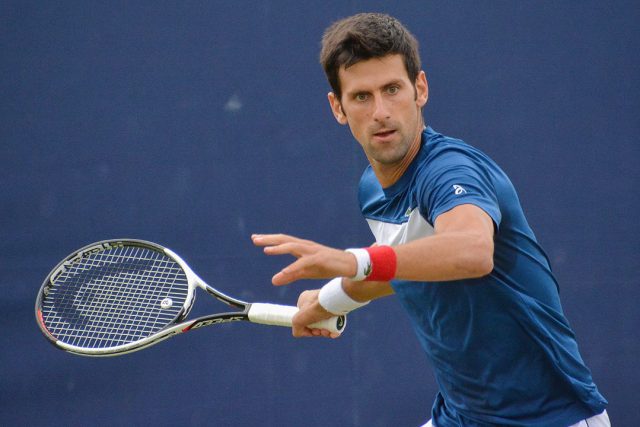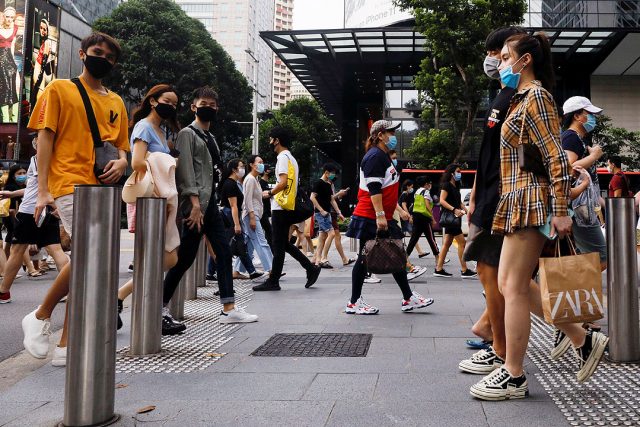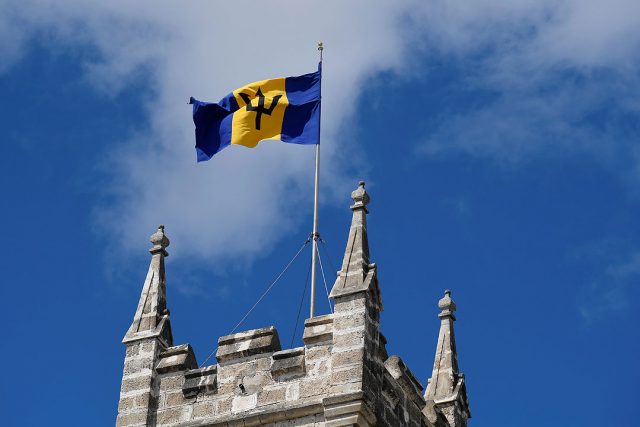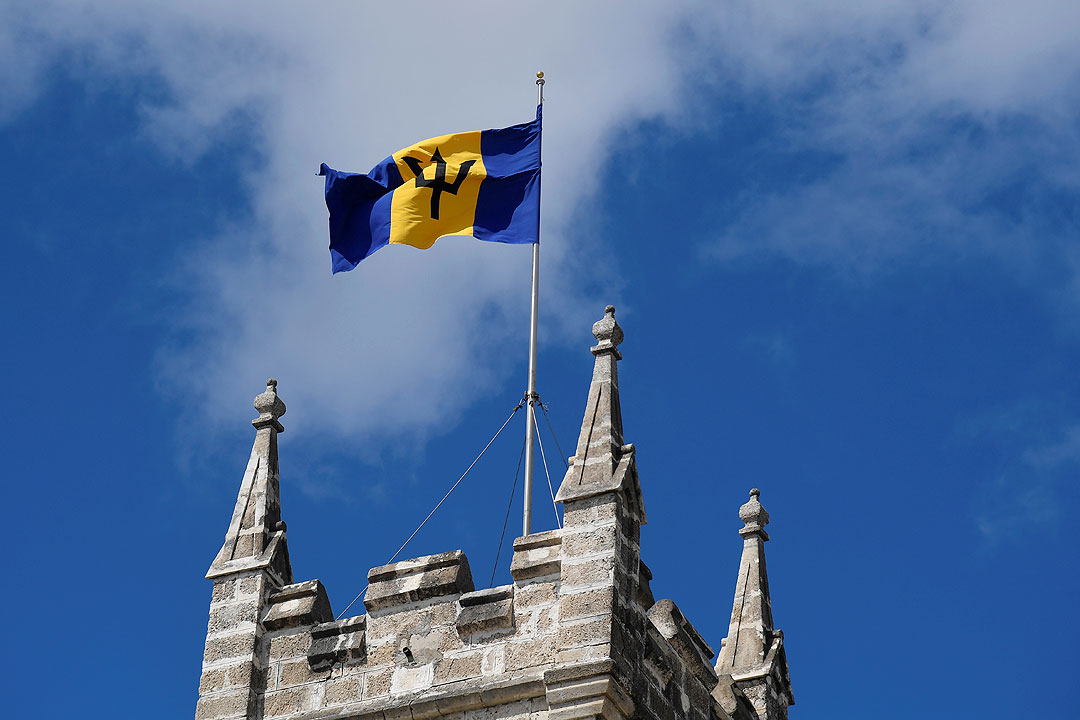EVEN before the new Omicron variant forced the delay of several vaccinated travel lanes, Singapore’s grand reopening was off to a slow start.
Despite the social media hype and initial bookings rush, the number of people actually traveling using the city-state’s quarantine-free travel lanes is surprisingly few, according to Bloomberg calculations based on Civil Aviation Authority of Singapore data.
Some 20,510 travelers received approval to enter Singapore since the first travel lanes kicked off in early September through Nov. 26, just 12.5% of the around 164,500 people theoretically allowed in under the nation’s daily quotas. Including Singapore citizens, permanent residents and children aged 12 and below who don’t need to apply for re-entry approval, that figure rises to 37,001, still only 22.5% of the total possible.
While Omicron will start to be reflected in carriers’ schedules in coming days, Singapore’s recovery already ranked the slowest among major countries in the Asia-Pacific region, OAG data show.
A spokesperson from the Ministry of Transport didn’t immediately respond to a request for comment.
While no-one expected the floodgates to open right away and the daily quotas put a natural cap on visitors, the numbers coming in on the vaccinated travel lanes average out to less than 500 people a day, a far cry from the more than 181,600 travelers who used to stream through Changi Airport 365 days a year pre-COVID.
“The numbers aren’t all that fantastic,” said Mohshin Aziz, director of the Pangolin Aviation Recovery Fund, which invests in aviation-related businesses. “The first to travel will be those who need to see family or who are going borderline insane with the travel curbs. But after that, reality will sink in very quickly” considering the high cost of air tickets and Covid tests. Omicron “creates an additional layer of anxiety,” he said.
It’s not just the expense of travel during a pandemic — rapid result COVID tests at some airports in Europe run to almost 300 euro ($315) a pop — but the uncertainty of travel that’s putting people off. Even before Omicron blasted onto the front pages, Covid cases were rising at an alarming rate in Europe, sparking fresh lockdowns in parts of the continent. One of the earliest places that Singapore announced a vaccinated travel lane with was Germany, where new infections have been hitting records.
In Europe, Singapore also has vaccinated travel lanes with the UK, Italy, the Netherlands, Spain, Denmark and France. Freezing weather — Arctic blasts have left parts of the U.K. without power — and a winter ski season under threat from potential lockdowns for a second year has made the prospect of flying 12 hours across the globe only to be hit with frigid temperatures and lifestyle curbs less appealing.
The risk of travel in a pandemic was only reinforced by the emergence of the new variant, which triggered a cascade of various travel curbs — even though its severity is yet to be determined. By Monday, several countries had started to raise their drawbridges, with Israel and Japan banning foreigners and others limiting entry to travelers from parts of southern Africa, where the new strain was first identified.
The number of airline seats offered on flights from Singapore, which doesn’t have a domestic market, was about 22% of pre-Covid levels for the week of Nov. 22, the OAG data show. Singapore Airlines Ltd. said earlier this month it expects to be at just 43% of pre-Covid capacity by the end of December.
And while capacity on flights to Australia picked up in the weeks after two-way quarantine-free travel was allowed, it’s still well under half of what it was pre-pandemic.
SLOW CLIMB
Some of the same factors that are keeping people in Singapore from rushing toward the departure gates are holding back would-be visitors to the city-state, too.
The cost of vaccinated travel lane flights, the price of Covid tests and the restrictions on daily life after arrival are putting many people off coming to the island nation, Hannah Pearson, the Kuala Lumpur-based director of tourism consultancy Pear Anderson, said. Most visitors to Singapore on vaccinated travel lane flights must take a Covid test upon arrival at the airport for around S$160 ($117).
“What happens if you’re a family of six? You can’t eat out. What are you going to do? You’re still not getting this full travel experience,” she said, referencing the fact that local rules in Singapore currently restrict dining to groups of five.
Singapore, where you can drive the length of the island in under two hours, also typically isn’t a place where travelers spend much time, she said. Many tourists use the nation as a transit destination en route to Europe or Australia, often never leaving the airport.
“If you’re going to all that trouble to go to Singapore, to go anywhere really, you want to stay more than a few days,” Anderson said. “The long-haul market would probably use Singapore as a hub” however the more countries you visit, “the more border restrictions you’re going to bump into,” she said.
Even travel within Asia using Singapore’s vaccinated travel lanes, which now extend to Malaysia and will soon encompass Sri Lanka, Thailand and Cambodia, isn’t cheap.
Mr. Mohshin, who was on one of the first vaccinated travel lane flights to Kuala Lumpur on Monday, said the cost of a round-trip ticket to Malaysia’s capital, plus forking out for the numerous Covid tests at either end, can rival a fare to a Europe.
“If you’re traveling with kids, it’s too costly. It’s too taxing,” he said. “What’s the justification of getting swabbed four times and spending money on that?”
There’s also the risk that unless Singapore acts swiftly to protect its own borders, Omicron enters and spreads substantially in the densely populated city-state, causing other countries to turn their backs on the nation, further thwarting efforts to open up.
“To me that’s what we want to avoid,” Associate Professor Alex Cook, vice-dean of research at the National University of Singapore’s Saw Swee Hock School of Public Health, said. “I’m not convinced that we need to stop it from getting into the country, but we want to avoid other people blocking the border, turning from Singapore.” — Bloomberg













